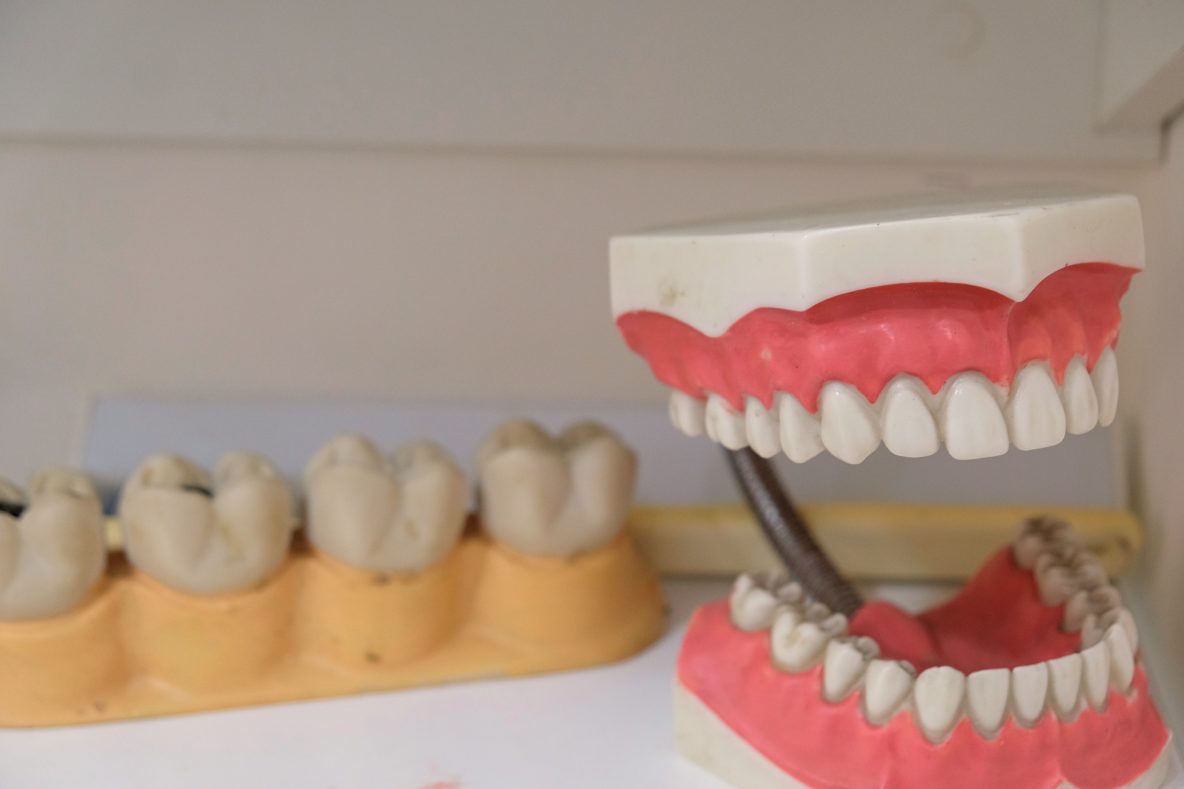As you age, your dental enamel naturally wears away, making your teeth more susceptible to damage and decay. Keeping your teeth structurally healthy is vital to your oral health and, thereby, your overall health.
Dentures may be the best option if you've lost all or some of your teeth to decay or other problems, including accidents or injuries. However, it is critical to understand the current condition of one's teeth before deciding on dentures.
Continue reading to learn more about deciding between partial and full dentures.
What Are Dentures?
Dentures are custom-made detachable replacements for missing teeth and gums. Replacing missing teeth with partial or complete dentures gives you a sparkling smile and allows you to chew and speak more comfortably.
Problems Caused by Missing Teeth
Someone who has lost one or more permanent teeth may experience the following problems:
- Chewing with a missing tooth can be challenging, leading to significant dietary changes. This could be detrimental to one's overall health because foods like apples and almonds, which are hard to chew, contain the highest nutritional value.
- You might find it difficult to speak clearly.
- Over time, the teeth on either side of a gap slant inward into the space.
- They’re more challenging to clean.
A Comparison of Full and Partial Dentures
To make an informed decision, you must first understand the difference between full and partial dentures. Although they address different problems, both types of dentures achieve the same result.
When Should You Select Full Dentures?
Full dentures are the best solution for those with few or no natural teeth. They benefit patients who lack intraoral tissue or whose teeth are severely decayed.
A patient with a few remaining natural teeth has two options: They can have the teeth pulled and replaced with full dentures, or they can attempt partial dentures.
When Should You Choose Partial Dentures?
You may be a candidate for partial dentures if you still have some natural teeth. Partial dentures fill in the spaces created by missing teeth, rather than replacing every tooth inside the mouth. The dentures will match the patient's actual teeth and gums, and the surrounding teeth will anchor the dentures.
Partial dentures are an excellent solution to closing gaps between your teeth and addressing structural concerns affecting your speech or bite.
Final Words
The best way to decide between partial and complete dentures is to consult a dentist. Each individual has unique needs, and a professional can effectively assist you in choosing the best course of action. Your dentist will also provide you with thorough advice on cleaning and maintaining your new dentures as well as a suitable diet.
Regardless of the type of denture, you will benefit from improved oral health and greater confidence in your smile.
Get in touch with Grand Ledge Smiles to learn more about dentures and how to pick one that best suits your needs.
We are a team of specialists dedicated to providing advanced treatment options and excellent family dentistry care. Schedule a consultation to begin your journey to having happy and healthy teeth. Contact us today for more details.

